What`s next for Africa after COP26?
Date & Time
Thursday 25th November, 10:00am – 12:00pm GMT
Location
Microsoft Teams Webinar – Free registration
Event description
This year, the Conference of the Parties (COP 26) in Glasgow UK has an agenda to get countries to commit to developing a green economy through different strategies. This meeting attended by several African countries form the biggest emerging agenda in line with global environmental sustainability and offers an opportunity to take the lead and transform the sustainability agenda in Africa through national policy alignment, stakeholder engagement, determination and fulfilment of Intended Nationally Determined Contributions (INDCs), strategic capacity building, comprehensive education and national awareness and implementation strategies to enable effective execution and compliance.
Africa is witnessing an increase in technological development and industrialization across a wide range of sectors and there is need for continental and national consideration of sustainable industrialization models and green business growth. This was a big theme at COP26 this year and with the world uniting to tackle the crises of climate change, it makes sense to pause and think what the role of RECIRCULATE and ACTUATE Projects are in these conversations.
This year at COP 26, about 128 countries formed a coalition that made a pledge to stop deforestation by 2030. Is this possible in Africa even though several countries signed up for this? What is required to make this happen and what are the dimensions or factors that would prevent this from happening?
Even though Africa contributes less than 4% of global carbon emissions, it is the continent most vulnerable to the impacts of climate change as can be seen by the droughts, flooding, loss of soil fertility, increased desertification from rising temperatures to mention but a few.
What is the role of resource mobilization and international funding to crystallize and enhance climate action in Africa? Evidence and experiences at different sustainable development projects, including the Lancaster University 7-million-pound Circular Water Economy RECIRCULATE project and the 700, 000 pounds ACTUATE waste to energy demonstration project in West Africa, show that universities are key drivers of effective eco-innovation for two reasons. First, they are ‘anchors’ in co-designing co-developing and co-delivering research-driven eco-innovation partnerships with the private sector, which ultimately deliver “environmental solutions”. Second, they play the key role in delivering the high level (graduate/post-graduate) skills that are essential to drive forward eco-innovative policies, products and services. However, how can institutions in Africa focus on eco-innovation strategies to drive sustainable development in Africa and an alignment to the COP26 commitment to move towards a zero-carbon economy?
This panel debate/roundtable webinar featuring contributors from across Africa will reflect on the challenges and opportunities for knowledge providers, businesses, policy makers and governments to deliver the commitments of COP26. The panel will comment on the COP26 outcomes and share their opinions on ways in which all sectors across low- and middle-income countries in Africa will need to contribute to achieving these goals.
This facilitated session will provide opportunities for audience members to quiz the experts on the specific challenges faced by Africa and the opportunities these may present for creative thinking and innovation.
This event is part of the ESRC Festival of Social Science 2021 and was made possible thanks to funding from the Economic and Social Research Council (ESRC), which is part of UK Research and Innovation (UKRI).
Programme
10:00 – 10:10Welcome & Introduction of ParticipantsDr Akan Odon10:10 – 10:20Introduction to RECIRCULATE, ACTUATE and COP26 Activities Prof. Kirk Semple10:20 – 10:50Panel session on challenges and opportunities to meet COP26 commitments – part oneDr Gloria Ozor & Dr Emmanuel Ogbomida10:50 – 11:10Stakeholders interaction11:00 – 11:30Panel session on challenges and opportunities to meet COP26 commitments – part two Prof. Wales Singini &Dr Dimane Mpoeleng 11:30 – 11:40Stakeholders interaction 11:40 – 11:50Wrap up & closing remarks Dr Akan Odon
Speakers
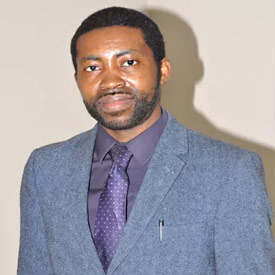
Dr Akan Odon
Akan is an Africa Strategy Adviser for Lancaster University and a moderator of our webinars.
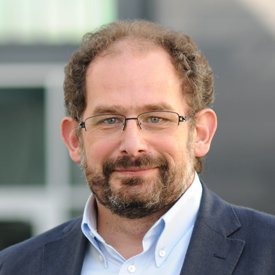
Prof. Kirk Semple
Kirk is a Professor of Environmental Microbiology at Lancaster Environment Centre and Director for RECIRCULATE & ACTUATE.
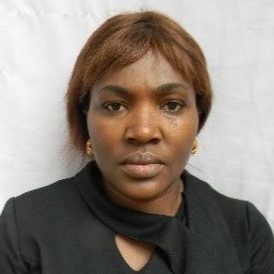
Dr Gloria Ozor
Gloria is a Post-Doctoral Research Fellow at the Technical University of Kenya, Kenya.
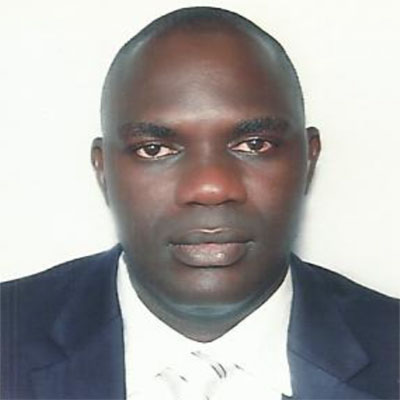
Dr Emmanuel Ogbomida
Emmanuel is the Director of Research at the Copperbelt University, Zambia.
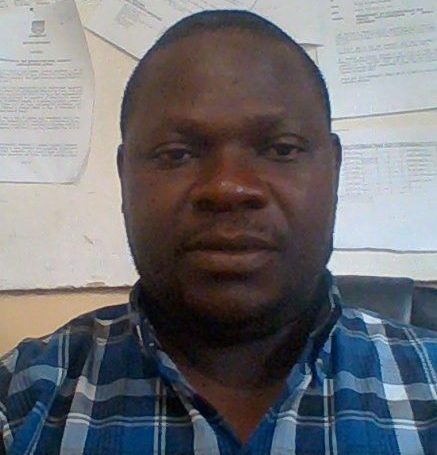
Prof. Wales Singini
Wales is the Director of Research at Mzuzu University, Malawi.

Dimane Mpoeleng
Dimane is the Director of Technology Transfer at Botswana International University of Science and Technology (BIUST), Botswana.
